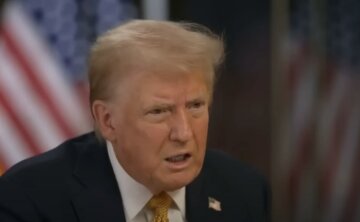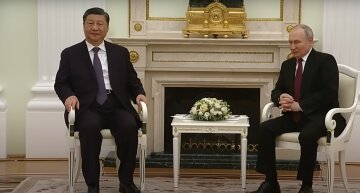During his inaugural speech, U.S. President Donald Trump promised that America "will once again consider itself a growing nation – increasing our wealth, expanding our territory," reports Politeka.net.
As noted by the Financial Times, these words no longer seem like empty promises. Trump has repeatedly mentioned his ambitions to capture territories from other countries. In particular, he stated that the U.S. "will acquire Greenland" and expressed ideas about "returning" the Panama Canal and integrating Canada into the U.S. Recently, the American leader even spoke about Gaza. These statements alarm even Trump's supporters, but they also reflect a global trend of territorial expansion affecting not only the U.S., but also Russia and China, writes Politeka.

Putin, for his part, continues to emphasize the "Russian world" and national security, justifying aggression against Ukraine. For him, Ukraine is not an independent state but a part of the Russian world. Xi Jinping also prioritizes territorial expansion, particularly stressing the importance of Taiwan for China's national destiny.

"As the U.S., Russia, and China are led by individuals with expansionist ambitions, the implications for the current international system are grim. The world may be transitioning from an era where smaller countries could claim protection under international law to an era where, as Thucydides (the ancient Greek historian) noted, 'the strong do what they can, and the weak suffer what they must,'" the article states.
If this trend continues, we may witness an unstable distribution of spheres of influence, where the U.S., Russia, and China focus on their respective territories – in the west, east of Europe, and East Asia.
Source: ft.
Additionally, Politeka reported that Shaytelman revealed when the real peace plan from Trump will be announced.
As Politeka previously reported, Trump is considering several scenarios for ending the war in Ukraine: key ideas and plans.